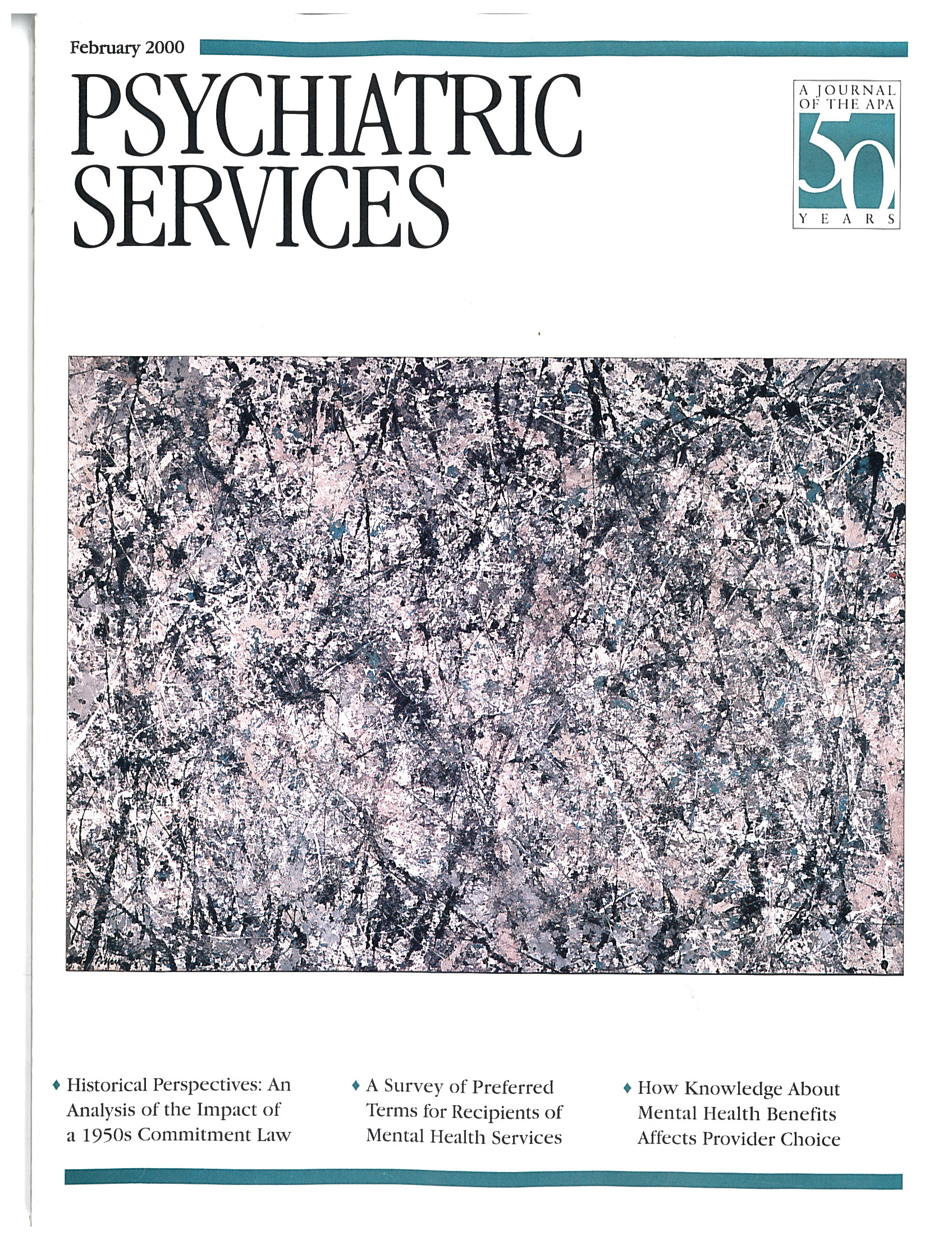•The Legacy of a 1950s Model Commitment Law
In September 1953 this journal—then the A.P.A. Mental Hospital Service Bulletin—published a brief news article on revisions in the Draft Act Governing Hospitalization of the Mentally Ill, developed two years earlier to serve as a model for states to use in reforming their mental health laws. In this issue we reprint that article (see page 189) along with a commentary and analysis by Paul S. Appelbaum, M.D., who describes the provisions of the Draft Act in the context of American psychiatry in the early 1950s and the changes commitment laws have undergone in subsequent years. The Draft Act was designed to make hospitalization more accessible to mentally ill persons by broadening commitment criteria. But Dr. Appelbaum notes that skepticism about the benefits of hospitalization in the 1960s and concern about patients' rights in the 1970s shaped today's commitment laws, which have little in common with the Draft Act (see page 190)… . In the Taking Issue column, Psychiatric Services editor John A. Talbott, M.D., discusses some of the drawbacks of what he calls the "lawyerization" of American mental health (see page 153).
•Copayments and Outcome of Drug Abuse Treatment
For many persons with severe alcohol and drug problems, treatment begins with detoxification, but studies have shown that lasting improvement occurs only when patients continue in care after detoxification. Bradley Stein, M.D., M.P.H., and his colleagues examine how the benefit structure of private health insurance—specifically the amount of copayments—affects whether individuals continue in care after detoxification. Using claims data from 14 employer groups, they found that 79 percent of the detoxification patients received follow-up care within 30 days of hospital discharge at a mean copayment rate of about $12. But analysis showed that higher copayment rates were likely to significantly decrease the rate of entry into continued treatment. The study suggests that better insurance coverage may improve treatment participation after detoxification (see page 195).
•Patients or Clients?
The terms used to refer to recipients of mental health services continue to be controversial, as Verinder Sharma, M.B., B.S., F.R.C.P.(C.), and his coauthors point out in their article reporting on a survey of terms preferred by providers and recipients. Their survey, conducted in Ontario, Canada, showed that the majority of both providers and recipients preferred the term "patient." "Client" was the preferred term for about a fourth of both groups, but "consumer" won few votes, especially among service providers (see page 203).
•Work and Self-Esteem
Competitive employment is widely believed to boost the self-esteem of people with persistent mental illness, but research has failed to support a strong link between the two. William C. Torrey, M.D., and his colleagues used data from a vocational rehabilitation study of persons with severe mental illness to address the question of whether global self-esteem should be included as an outcome measure in future vocational rehabilitation studies. Ratings of self-esteem using the Rosenberg Self-Esteem Scale were made at four points over an 18-month period. Study participants' scores changed little over time, a finding that supports the notion that global self-esteem is a relatively stable personality trait that may be insensitive to life change (see page 229).
•A Provider-HMO Partnership
In the Best Practices column, Robert T. Quinlivan, L.C.S.W., describes an unusual partnership in which a mental health service provider, Telecare Corporation, organized a modified assertive community treatment team to provide services to the highest users of acute inpatient psychiatric services in a health maintenance organization, Kaiser Permanente Medical Group of Southern California. Mr. Quinlivan, of TeleCare, reports that the arrangement has led to a dramatic reduction in the use of inpatient services by the HMO members. He believes that such programs can fill a critical need in the continuum of services of HMOs (see page 159).
Briefly Noted…
• In the Personal Accounts column, Curtis B. Flory III, M.B.A., describes the enduring grief that has followed his son's suicide (see page 183).
• A study of state hospital policies on sex between inpatients shows that facilities vary widely in their management approach to this issue (see page 243).
• Books exploring the many facets of gender are featured in this month's reviews (see page 256).

